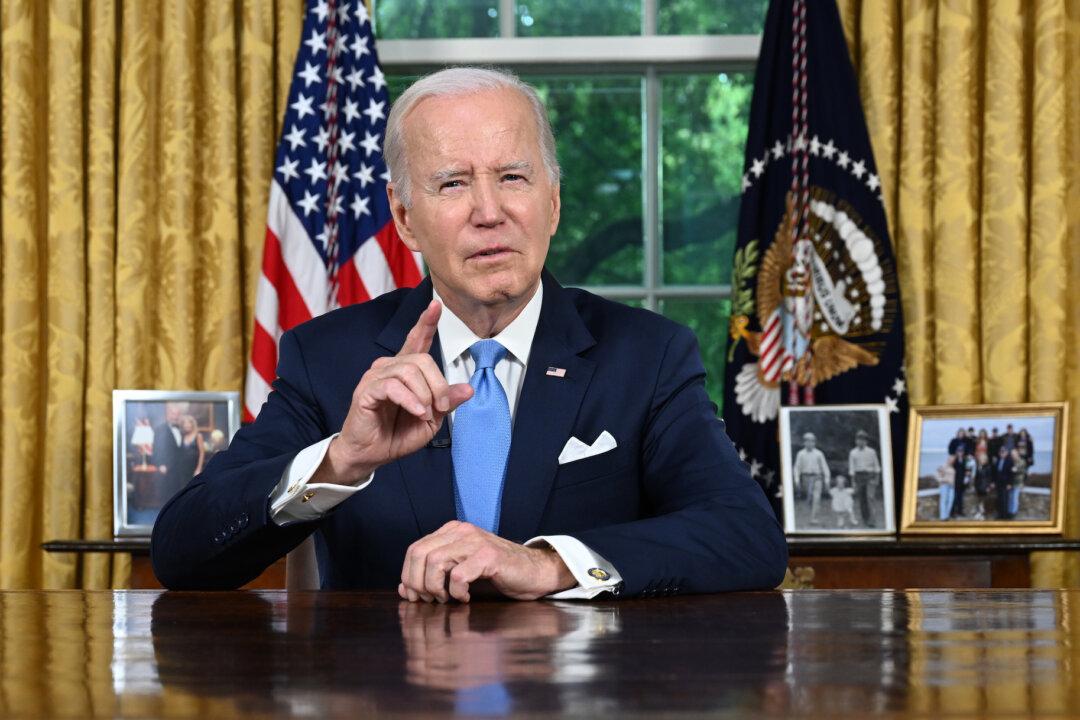A federal judge on July 10 denied the Department of Justice’s (DOJ) request to stay a ruling that places limits on government communications with social media firms, rejecting the White House’s argument that such an order could put a damper on law enforcement activity online.
U.S. District Judge Terry A. Doughty wrote that his order last week had created exceptions for communications for cyberattacks, election interference, and national security threats. The DOJ and Biden administration, he wrote, didn’t provide any specific examples that “would provide grave harm to the American people or our democratic processes.”





